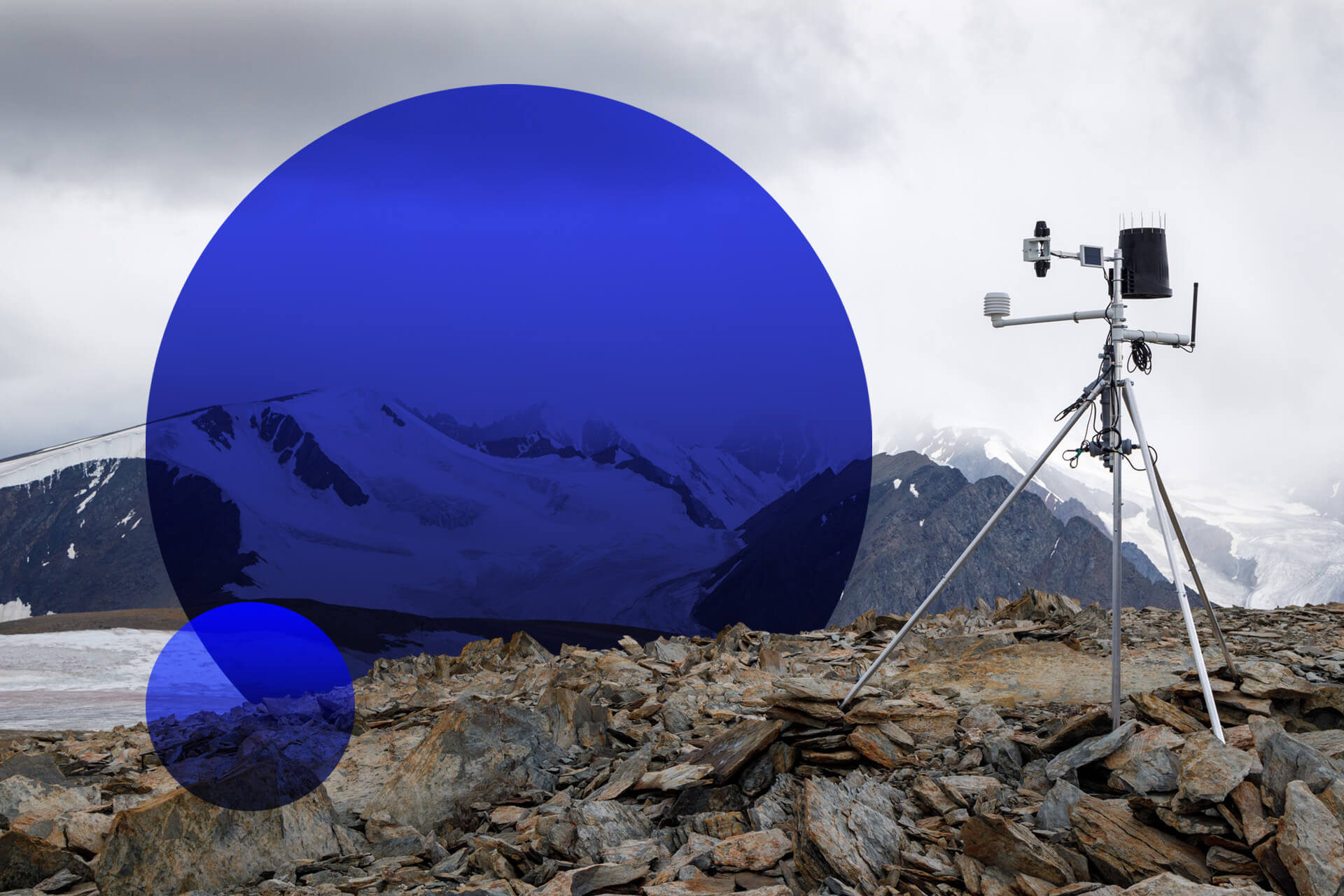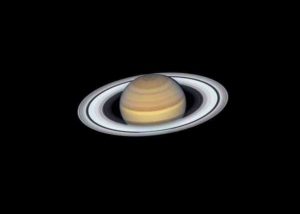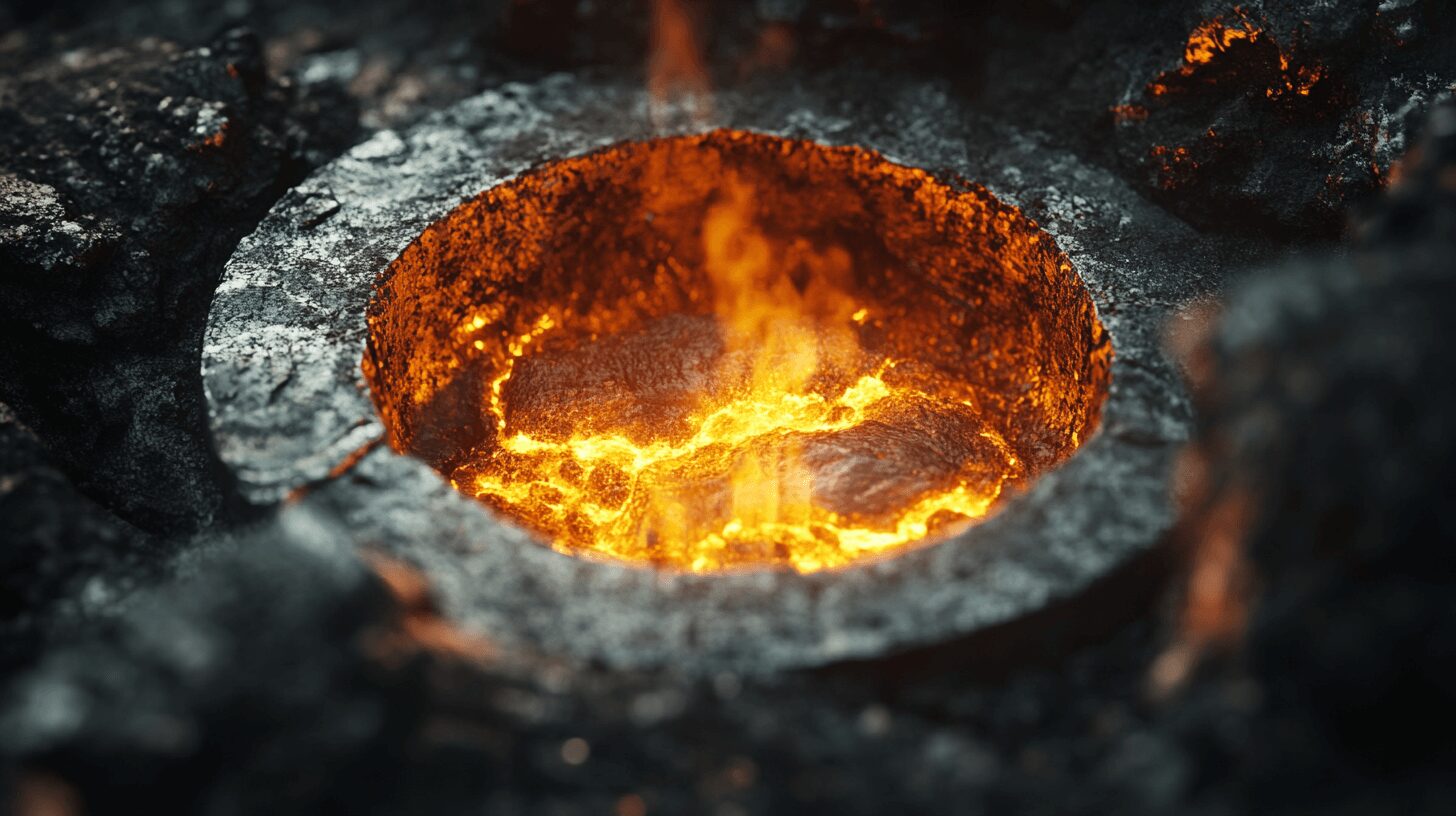
Everything You Need to Know About Meteorology
February 20, 2020 - Emily Newton
Revolutionized is reader-supported. When you buy through links on our site, we may earn an affiliate commission. Learn more here.
Take a look out your window. What does the weather look like right now? Is it sunny, or are their clouds in the sky? Maybe it’s raining, or, if you’re reading this in the winter, maybe there is snow falling from the sky. Hopefully, you’re not reading this in the middle of a hurricane or with a tornado looming on the horizon. Regardless of what it looks like, outside your window, all of these events have one thing in common — they all fall under the purview of meteorology, which is the study of weather. Those who study meteorology are known as meteorologists.
If you’re new to this field, here is everything you need to know about meteorology.
What Does a Meteorologist Study?
Meteorology is defined as “the branch of science concerned with the processes and phenomena of the atmosphere, especially as a means of forecasting weather.” In other words, meteorologists study the atmosphere to predict what the weather is going to do.
You also use meteorology every time you check the weather forecast. Do you have a weather app on your phone? Then you’re already familiar with the results of this branch of earth science.
The study of meteorology is essential because, in addition to telling you whether it’s going to rain or not, it can be invaluable in predicting hurricanes, tornadoes and other dangerous weather conditions that could threaten human life. This kind of prediction gives you the ability to prepare, take shelter or evacuate, depending on the severity of the meteorological event.
What Are the Different Aspects of Weather?
Meteorology is broken down into six different components or aspects, with each playing a role in the weather we see outside:
- Temperature
- Atmospheric pressure
- Wind
- Humidity
- Precipitation
- Cloudiness
You may already be familiar with many of these aspects, though you might not recognize them as aspects of weather. Temperature refers to how hot or cold it is outside, measured in Celsius or Fahrenheit. Atmospheric pressure — also known as barometric pressure — is a measure of the pressure of the atmosphere, measured in millibars or inches of mercury. If there’s a hurricane coming, you’ll hear meteorologists talking about barometric pressure. The lower the pressure, the more powerful the storm usually is.
Wind is the movement of air around the globe, while humidity is the amount of moisture in the air. If the humidity percentage is high, it can make the temperature feel higher than it actually is. Precipitation is a fancy word for rain, snow or sleet — or water falling from the sky as part of the water cycle. Finally, cloudiness refers to number of clouds in the sky. Clouds both provide precipitation and help to regulate temperature by blocking sunlight.
What Does a Meteorologist Do?
On a daily basis, meteorologists collect information about the atmosphere, looking at the six aspects of weather, to create weather forecasts that you see on your weather app or your morning news forecast. There are also many different branches of meteorology, including:
- Climatology: The study of the climate, or long-term weather patterns, how they’ve changed in the past and will change in the future.
- Topoclimatology: How local topography influences the weather.
- Barometry: The detailed study of atmospheric pressure and how it affects both weather and climate.
- Paleoclimatology: How prehistoric weather has changed over time
- Paleotempestology: How prehistoric hurricanes and cyclones have changed over time.
- Aeronomy: Observing the chemical and physical properties of the upper atmosphere.
- Radiometry: The study of electromagnetic radiation in the upper atmosphere.
- Aerodynamics: The study of air circulation.
- Hydrometeorology: The study of the hydrologic cycle, the relationship between water and air in the atmosphere.
- Geomagnetism: The study of changes in the Earth’s magnetic field.
- Geophysics: How physical processes related to Earth and the space around it.
- Bioclimatology: The study of how weather and climate affect life on the planet.
- Geobiology: The biosphere and how it relates to the atmosphere.
- Biometeorology: How weather patterns affect living things on the planet.
Weather affects everything, so there are branches of this science that encompass every aspect of this particular study.
Becoming a Meteorologist
If you’re fascinated by the study of weather or the branches of science mentioned above, this field could be a great career choice. What does it take to become a meteorologist? This is a challenging subject that requires quite a bit of schooling. In high school, you’ll want to focus on science and mathematics. To work in the field, you will need a minimum of a Bachelor’s Degree in meteorology or atmospheric science.
Those interested in entering the field who might not want to stand in front of a camera as a TV weatherperson may wish to look into a career as a teacher or researcher. In addition to teaching qualifications, you will also need to seek out a master’s degree or doctorate in meteorology or a related field.
The Future of Meteorology
Weather affects the entire world and everything that lives on it. We will always need meteorologists to study the atmosphere and the weather patterns, so they can forecast the weather. This field has changed dramatically in the last few decades. New technologies, new branches of meteorology and new ways to understand weather patterns are a few things disrupting the industry. All these things make it an exciting time to study meteorology!
Technology will continue to change and evolve, but we will always need these skilled scientists to interpret the data and tell us if it’s going to rain or if the sun will be shining. Whether you’re checking the weather for an afternoon out or tracking a hurricane that’s looming on the horizon, thank a meteorologist.
Revolutionized is reader-supported. When you buy through links on our site, we may earn an affiliate commission. Learn more here.
Author
Emily Newton
Emily Newton is a technology and industrial journalist and the Editor in Chief of Revolutionized. She manages the sites publishing schedule, SEO optimization and content strategy. Emily enjoys writing and researching articles about how technology is changing every industry. When she isn't working, Emily enjoys playing video games or curling up with a good book.








Im interested in becoming A Meteorologist. This is a good website to go to for knowledge